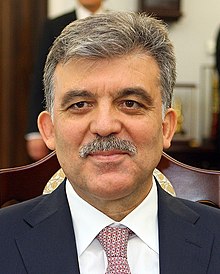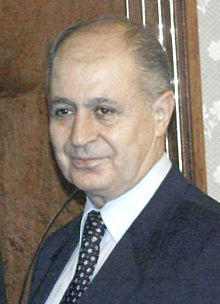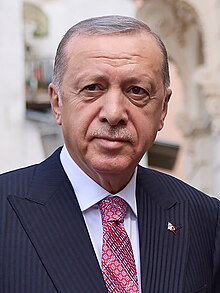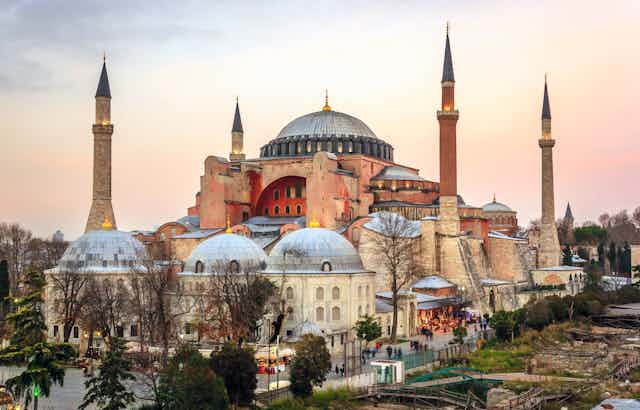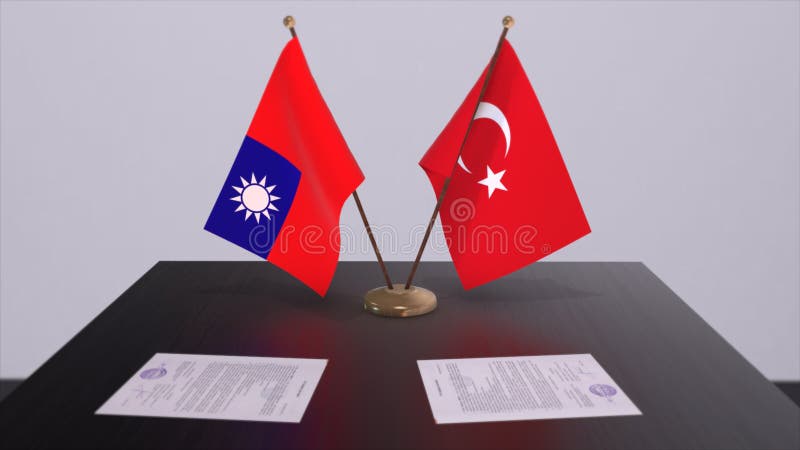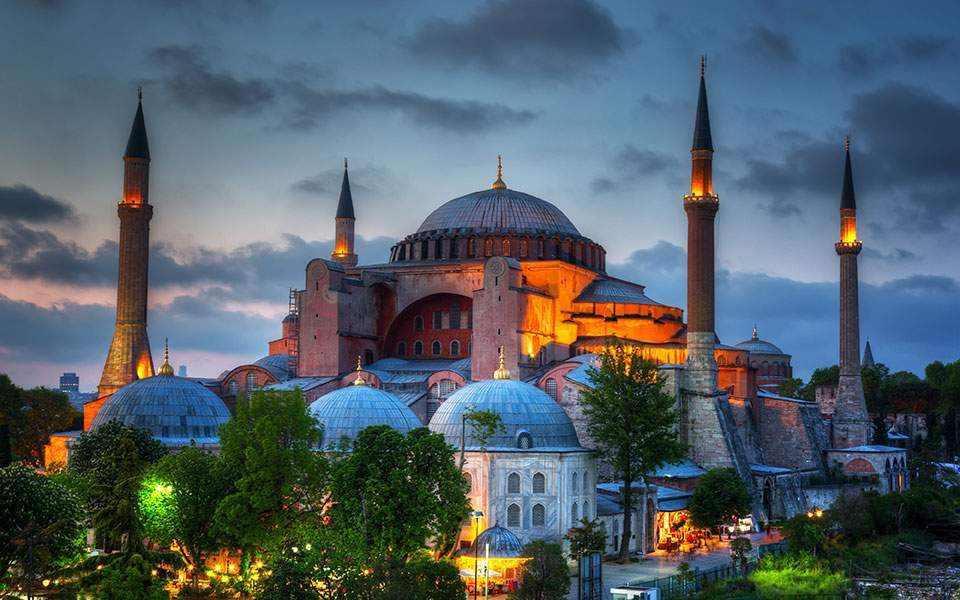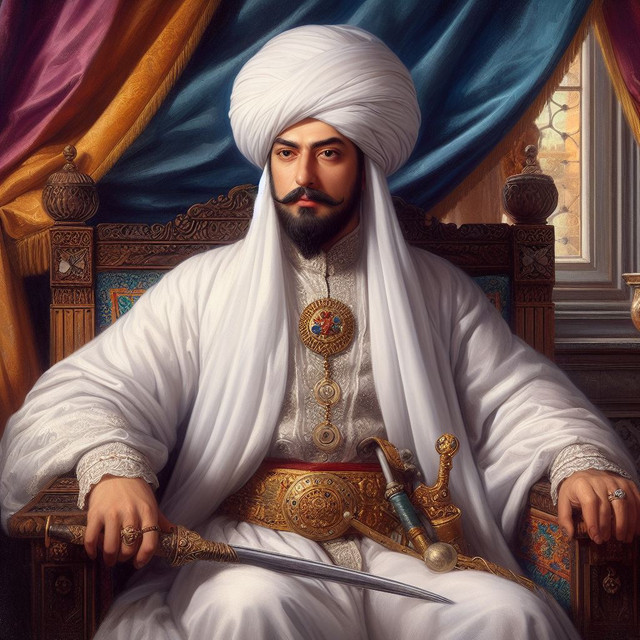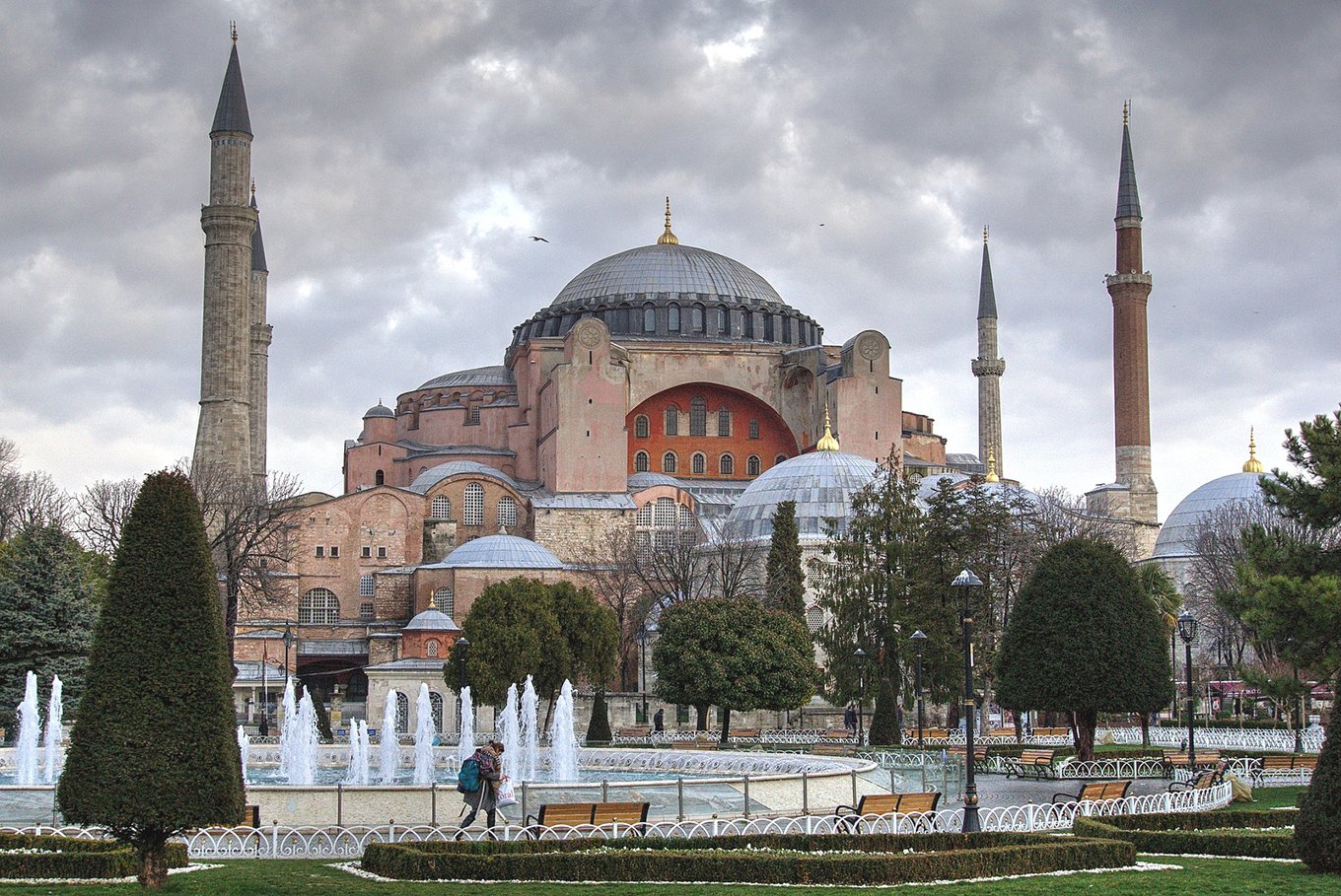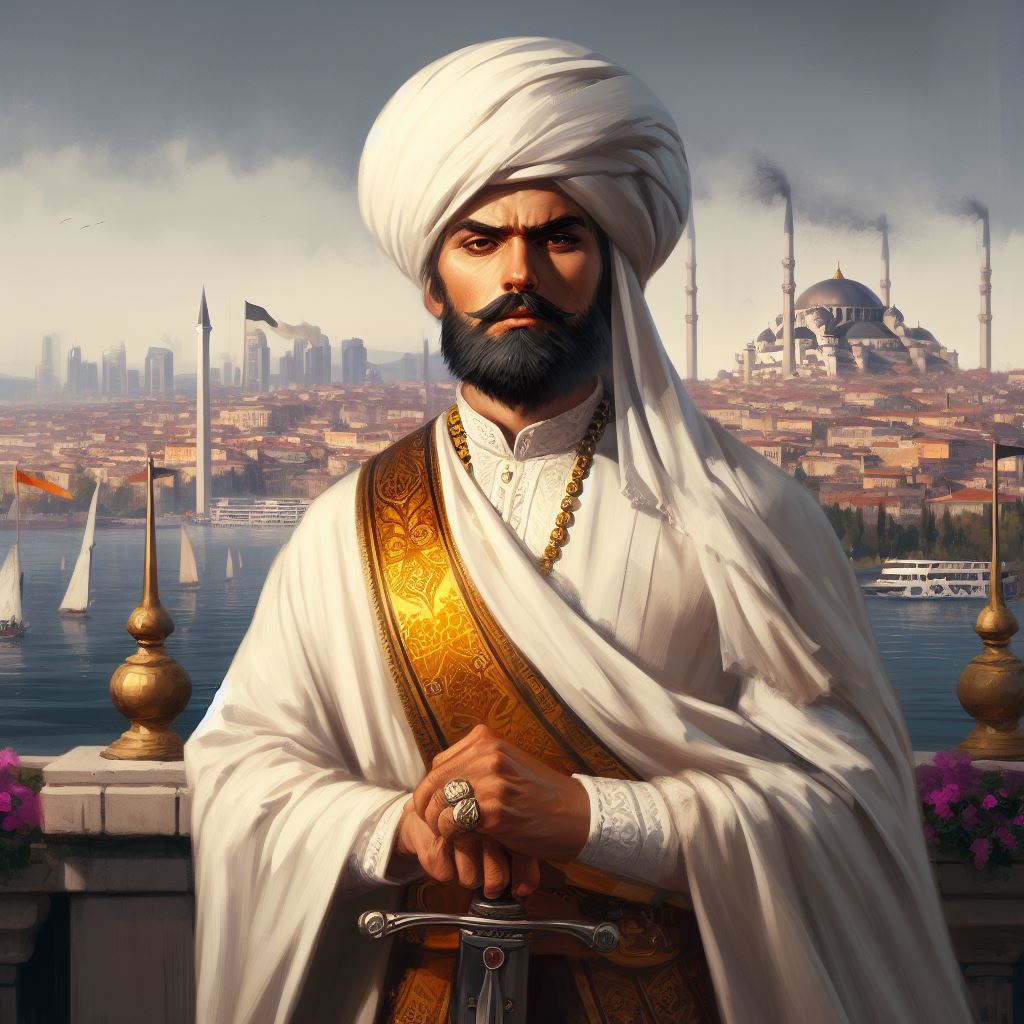EnigmaMage
Apprentice
- Jun 7, 2023
- 244

TRT 1 (TRT One) is the first Turkish national television channel, owned by state broadcaster TRT. It was launched on 31 January 1968 as a test broadcast and was officially launched in December 1971. It was the only channel with the logo TV1 in Türkiye until 15 September 1986, when TRT launched TRT 2 using the logo TV2. It is also available in Azerbaijan on terrestrial television.



